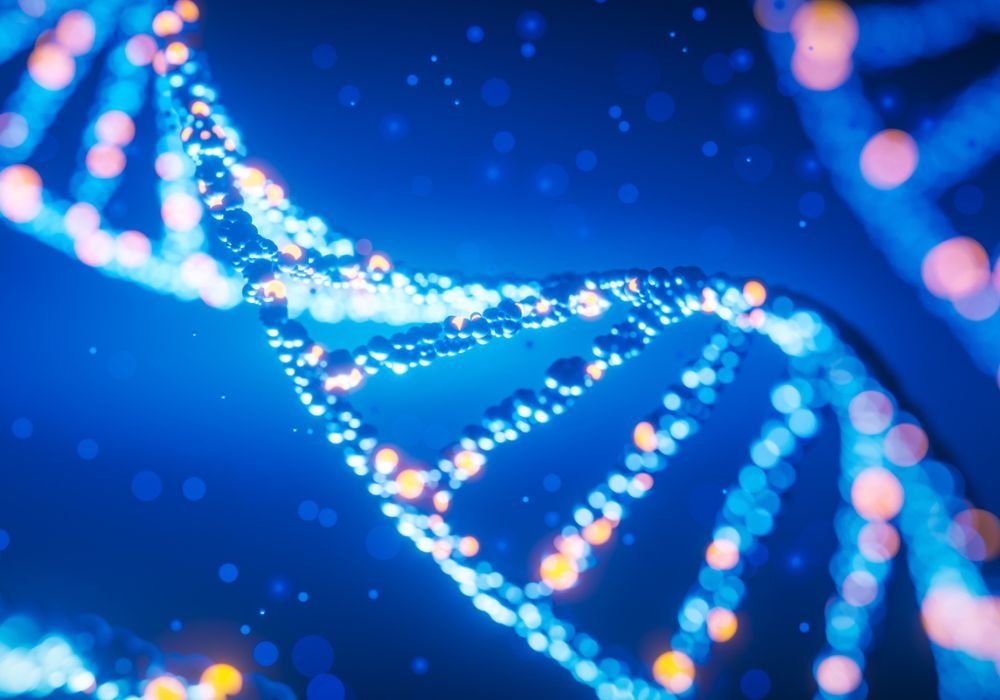According to a study published in the scientific journals Cell Reports Physical Science and Nature Communications, an international team of scientists was formed. a hybrid artificial molecule that could be used to develop completely artificial life forms.
All currently existing life forms were created by the functioning of nature, but researchers believe that studies in this field will play an important role in the future of medicine.
As scientists explain, the study of artificial life forms is a relatively new field. The specific field in which they work is called ‘hybrid peptide-DNA nanostructures’; experts have been studying the issue for less than 10 years.
The aim is not to create lives like in science fiction movies. Scientists even believe they can create artificial life forms that can be used to test treatments and diagnose diseases.. For example, during the pandemic, researchers could develop an artificial life form to improve viral vaccine testing against Covid-19.
“Most organisms in nature have natural enemies, but some do not. For example, some disease-causing viruses have no natural enemies. Creating an artificial life form that could be hostile to them would be a logical step. It may take about 10 years for an artificial viral vaccine to be found. On the other hand, the artificial cell is on the horizon because it consists of many elements that need to be checked before starting to build. “In principle, there are no obstacles to the production of artificial cellular organisms in the future,” said Chenguang Lou, one of the study’s authors and associate professor at the Department of Physics, Chemistry and Pharmacy at the University of Southern Denmark.
Artificial lives and the future of medicine
Scientists also state that it can be used in vaccines: Artificial life could be used as nanorobots to deliver drugs into people’s bodies and/or aid in diagnosis. They explain that DNA and peptides are ‘molecular tools’ responsible for manipulating nanotechnologies and enabling the creation of an artificial life form.
Specialists are able to perform some form of programming from the atomic to the macro level through DNA, but their chemical functions are limited. Using peptide technology, They can create chemical functions thanks to 20 types of amino acids. In tests, they designed DNA structures with three peptide structures, A completely artificial hybrid molecule emerges.
“I think the overall value of all these efforts is that they can be used to improve society’s ability to diagnose and treat sick people. Looking to the future, I wouldn’t be surprised if we could one day create arbitrarily viral, viral nanomachines and vaccines from these building blocks to help society fight these hard-to-treat diseases.” and even artificial life forms can be produced. This will be a revolution in healthcare,” Chenguang Lou added in a statement.
Did you like the content? Stay up to date on the latest developments in health and science at TecMundo and have the opportunity to discover information you can discover in a DNA test.
Source: Tec Mundo
I’m Blaine Morgan, an experienced journalist and writer with over 8 years of experience in the tech industry. My expertise lies in writing about technology news and trends, covering everything from cutting-edge gadgets to emerging software developments. I’ve written for several leading publications including Gadget Onus where I am an author.













